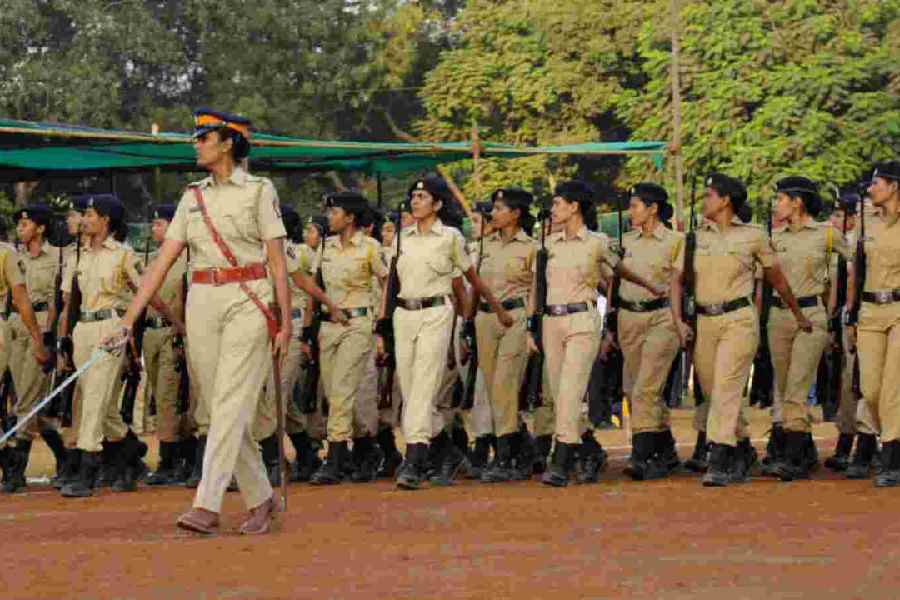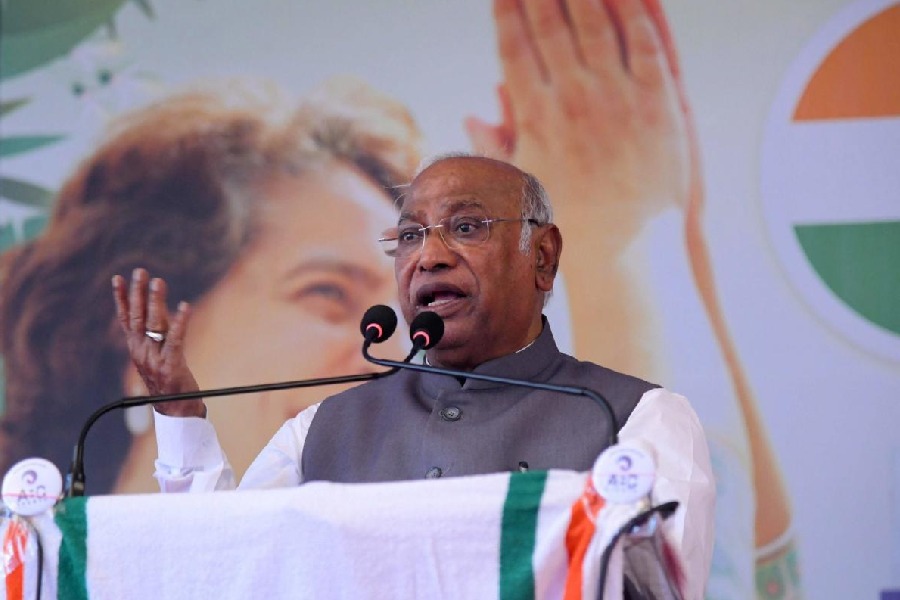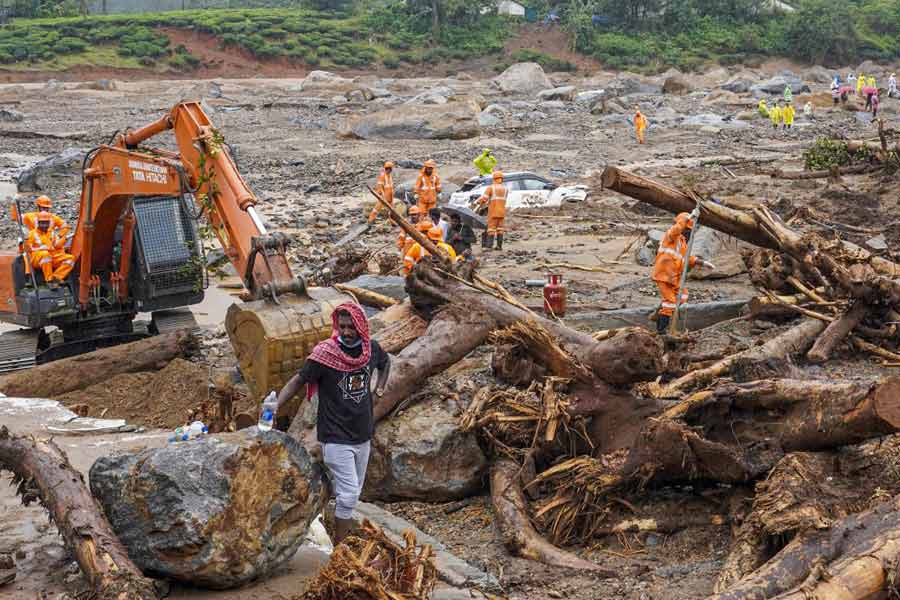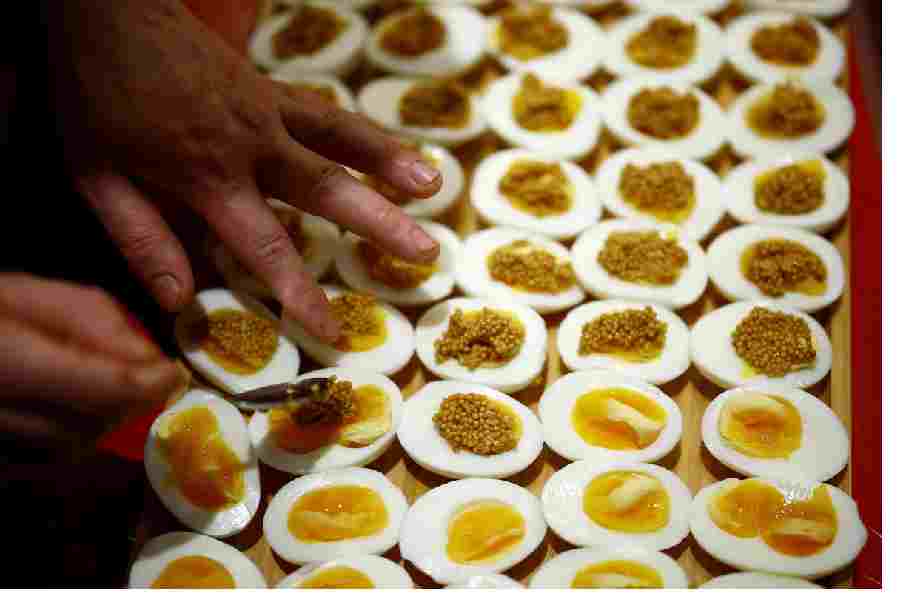The Supreme Court on Monday issued a notice to the Union government on a PIL seeking door-to-door vaccination facilities for those with physical and mental disabilities and their caregivers.
A bench of Justices D.Y. Chandrachud and V. Nagarathna sought the Centre’s response on the petition filed by NGO Evara Foundation and posted the matter for further hearing.
The NGO has also referred to an earlier media release issued by the Indian Medical Association wherein it had said that vaccination on the doorstep should happen for the vulnerable sections of the population. It was also pointed out that some of the states such as Kerala and Jharkhand had already adopted such measures.
Besides door-to-door vaccination, the NGO sought a dedicated helpline facility on the CoWIN portal for persons with disabilities and their caregivers to register and book slots.
The court agreed with the NGO that the issue raised substantial questions of law dealing with the rights of the disabled that needed to be addressed.
The bench, however, disagreed with the plea of the counsel for the NGO that notices be issued to the states too.
Justice Chandrachud, heading the bench, said issuing notices to the states would lead to unnecessary delay in the whole process by another two months.
“If we issue notice to states, it will take two months. The Union of India frames the policy. Let us see what steps it takes,” Justice Chandrachud said.
The bench also issued a separate notice to the Centre on a petition filed by the Delhi Commission for Protection of Child Rights (DCPCR) for giving priority in vaccination to pregnant and lactating mothers under “high risk”.
Advocate Vrinda Grover appearing for DCPCR also told the court that there was a need to conduct scientific research to understand the effect of the Covid-19 virus on pregnant and lactating women and a dedicated registry for ensuring their continuous monitoring.
The bench in its order recorded Grover’s submission that although certain operational guidelines had been issued for pregnant and lactating mothers by the Union government, there were some issues raised by the petitioner that needed to be addressed by the court.
“Issue notice to the Union of India. Learned solicitor-general is required to assist the court on the policy, which has been formulated and applicable guidelines that are to be framed,” the bench said.











